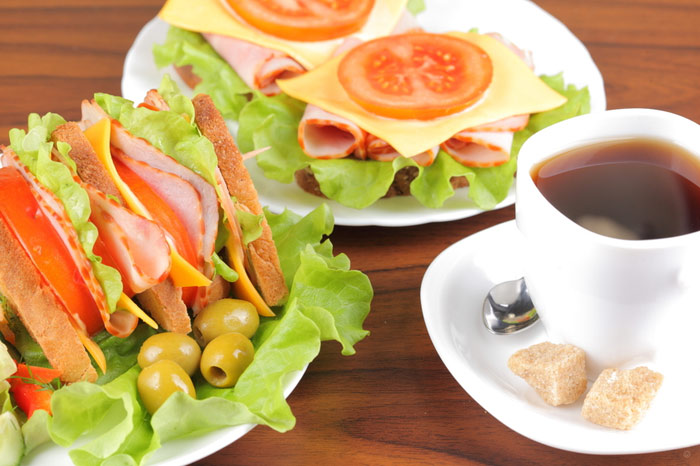A strong desire to eat or drink something caloric despite the feeling of satiety is a nutritional violation faced by many people. Experts from Europe and Australia told us about ways to cope with it.

Several studies carried out in different parts of the world have dealt with the same problem – excessive snacking. What to do if you have recently eaten, but you are tempted by high-calorie sweets or snacks that are at hand?
Seeking an answer to this question, Plymouth University staff in the UK concluded that cravings for unhealthy snacking are cured by games like Tetris, Sudoku or naval combat. According to their research, just a three-minute game like Tetris reduces the craving for food, caffeine, and nicotine by 24%.
Dr. Jackie Andrade, the study’s co-author, says that most desires are stimulated by imagination, and a foretaste of what you feel when your food gets into your mouth. For example, if you want spicy chicken wings, you can imagine that they are fatty, salty, and delicious. However, a game subdues the resources of your brain, and you are distracted from your anticipation.
In turn, the researchers from Flinders University in Australia found out that the desire to eat something harmful is suppressed by soft sweet floral scents. This is because flavors “saturate” sensual needs, and a person has a lesser need to satisfy them with food.
The smell of jasmine is particularly effective. The fragrance of jasmine flowers and its oil used in the experiment reduced the craving for sweets 13 % more effectively than the smell of green apple. However, doctors emphasize that in order for the smell to be effective, it should be very light, although palpable.
Swiss scientists have proved that good mood is very important to maintain a healthy diet. So, feeling a craving for sweet or fatty, fight it through positive emotions – read stories, watch a funny movie, talk to a friend on the phone, etc.
It has been established in a series of experiments that people in a good mood are more inclined to eat healthy foods. The participants in an optimistic mood chose healthy foods in 77 cases out of 100.
Experts explain this effect so: when we are in a good mood, we tend to pre-evaluate our actions and have enough emotional resource not to allow ourselves to eat junk food.










